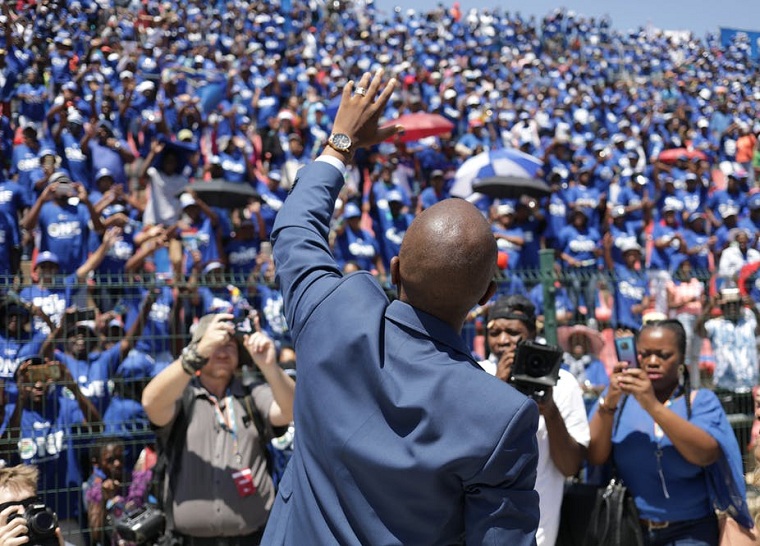 If opposition parties in the region could only learn from the lessons of elections in 2019, they would find ways to foster unity and be seen as agents for positive transformation while distancing themselves from the ‘old ways’ of the governing parties.
If opposition parties in the region could only learn from the lessons of elections in 2019, they would find ways to foster unity and be seen as agents for positive transformation while distancing themselves from the ‘old ways’ of the governing parties.
2019 was the year of elections in southern Africa. South Africa, Botswana, Malawi, Mozambique and Namibia all held general elections, following the general election held in Zimbabwe in July 2018.
Prior to these votes, many spoke about the potential for a big shift of power from liberation movements to more contemporary parties, representing a new generation of Africans.
That did not happen. Instead, with 2019’s voting over, the status quo has been maintained with governing former liberation movements retaining power quite comprehensively.
Indeed, for opposition parties in southern Africa, 2019 was an annus horribilis. (An exception could be Malawi where the election results are still in dispute and the subject of a court action that still needs to be resolved.)
Despite growing dissatisfaction with regional governments, poor service delivery, rising unemployment and growing income inequality, old incumbent parties hung on.
Why? And will it ever be possible to move away from the one-party dominant state in the region?
Four factors help explain poor opposition party performances over the past year and hint at what opposition parties need to do if they hope to perform more strongly.
The first factor is the ability of certain governing party candidates to successfully portray themselves as “change candidates,” benefiting from the opportunity of taking over from unpopular, reviled presidents.
In many places, this move has deprived the opposition of the opportunity to campaign on the basis of change.
In Zimbabwe, Emmerson Mnangagwa successfully portrayed himself as the change Zimbabweans needed from Robert Mugabe.
In South Africa, Cyril Ramaphosa campaigned for the ANC presidency on the basis of a “new deal”, quickly pivoting toward the promise of a “new dawn” shortly after he took over the reins of government from the deeply unpopular Jacob Zuma.
In Botswana, Mokgweetsi Masisi took over the presidency from Ian Khama a year out from the election and successfully positioned himself as a vehicle of reform.
In Namibia, where President Hage Geingob stood as an incumbent of over four years, his share of the vote dropped dramatically.
Continued next page
(272 VIEWS)


